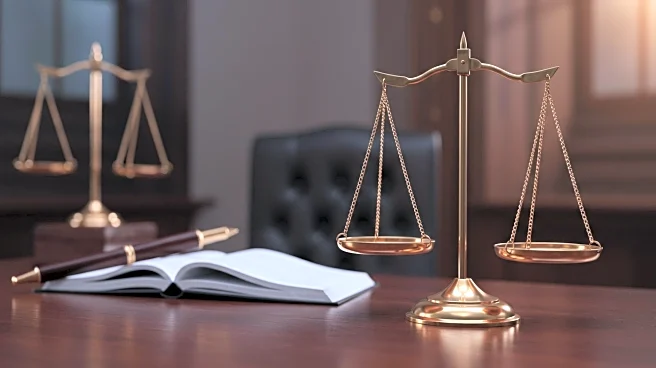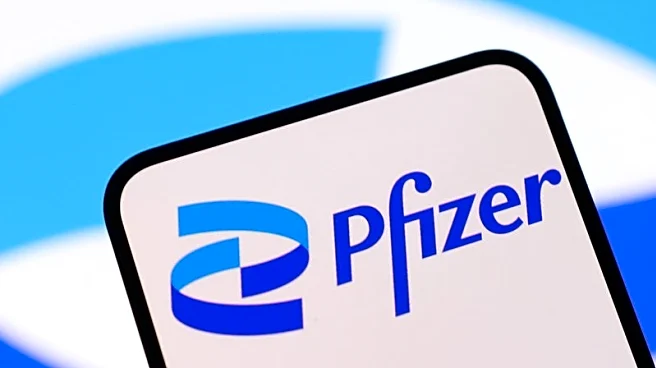What is the story about?
What's Happening?
A federal judge in Hawaii is currently reviewing a legal challenge against the U.S. Food and Drug Administration (FDA) regarding its restrictions on mifepristone, a medication used for abortions and miscarriage management. The lawsuit, brought by a Hawaii doctor and healthcare associations, argues that the FDA's restrictions lack scientific justification and violate the law. The plaintiffs, represented by the American Civil Liberties Union (ACLU), are not seeking an immediate removal of the restrictions but are instead asking the court to allow the FDA an opportunity to amend its policies. The case, which dates back to 2017, has persisted through both Republican and Democratic administrations. The FDA had previously removed a requirement for in-person pickup of the medication, allowing it to be mailed, but other restrictions remain in place.
Why It's Important?
The outcome of this case could have significant implications for access to abortion medication across the United States. If the court rules in favor of the plaintiffs, it could lead to a reduction in the regulatory barriers that currently limit access to mifepristone, particularly affecting low-income and rural patients who face challenges in accessing healthcare. The case highlights ongoing debates over reproductive rights and the role of federal agencies in regulating medical practices. A decision to ease restrictions could set a precedent for how similar medications are regulated, potentially influencing public policy and healthcare access nationwide.
What's Next?
U.S. District Judge Jill Otake has not yet indicated when a ruling will be issued. Depending on the outcome, the FDA may be required to revise its current restrictions on mifepristone. The decision could prompt reactions from various stakeholders, including political leaders, healthcare providers, and advocacy groups on both sides of the abortion debate. Further legal challenges or policy changes could arise as a result of the ruling, impacting the broader landscape of reproductive healthcare in the U.S.
Beyond the Headlines
This case underscores the complex interplay between scientific evidence, regulatory policy, and legal standards in the realm of reproductive healthcare. It raises questions about the balance of power between federal agencies and the courts in determining the accessibility of medical treatments. The legal challenge also reflects broader societal tensions regarding reproductive rights and the extent to which government regulations should influence personal healthcare decisions.
















